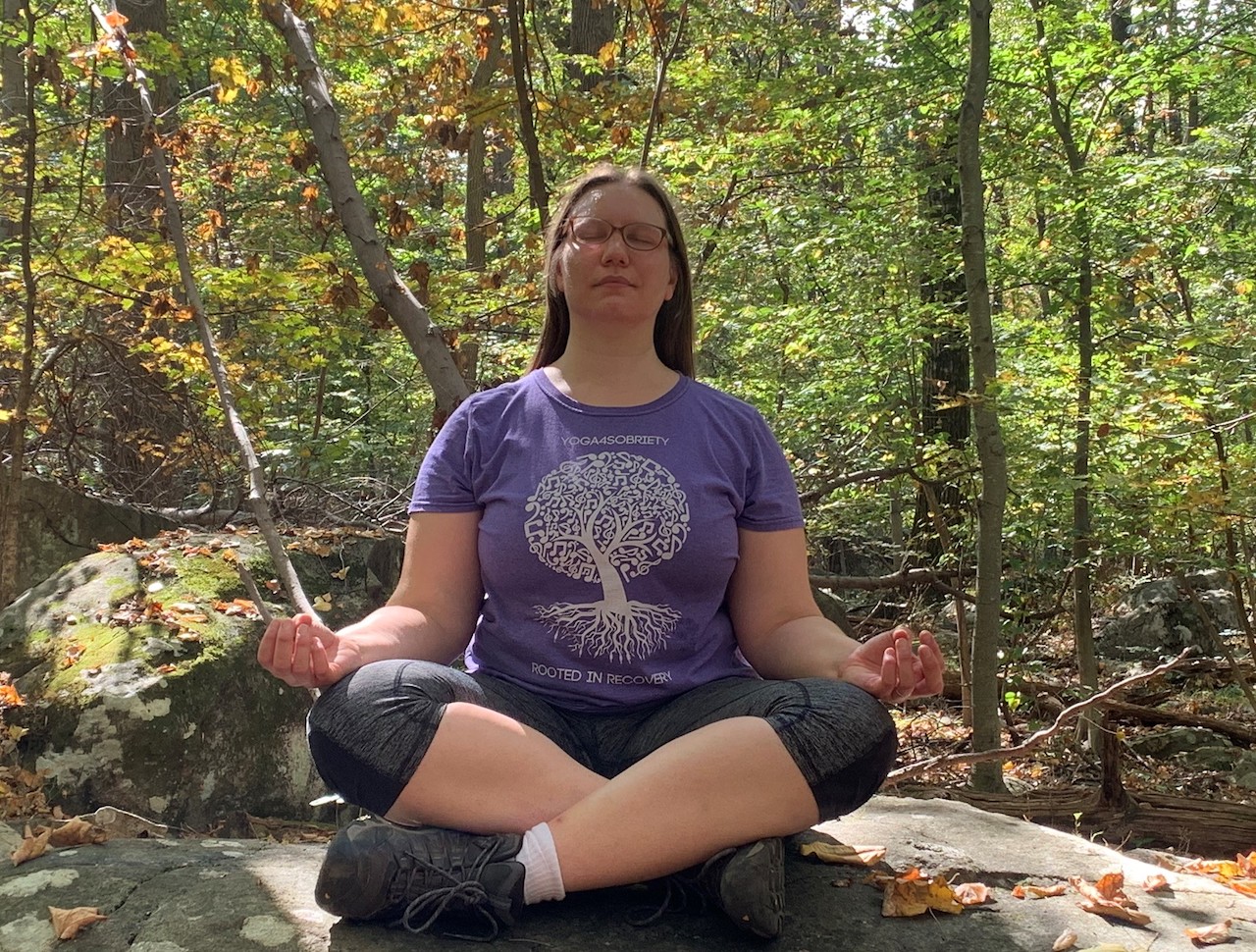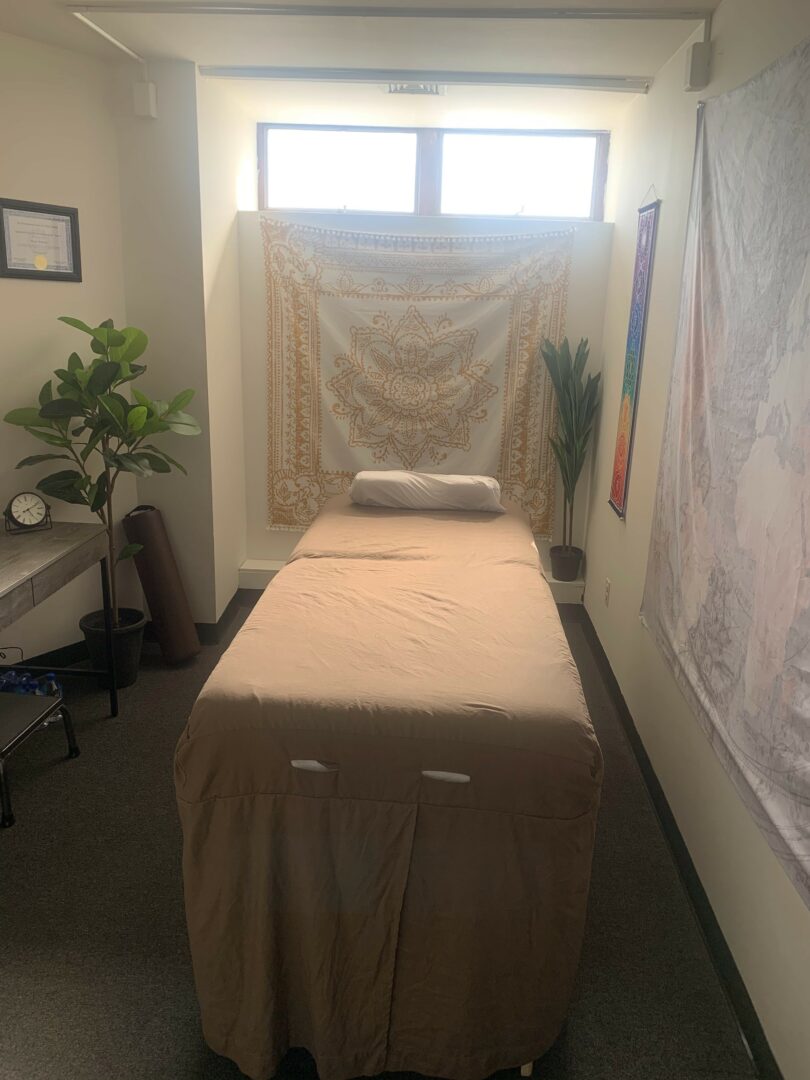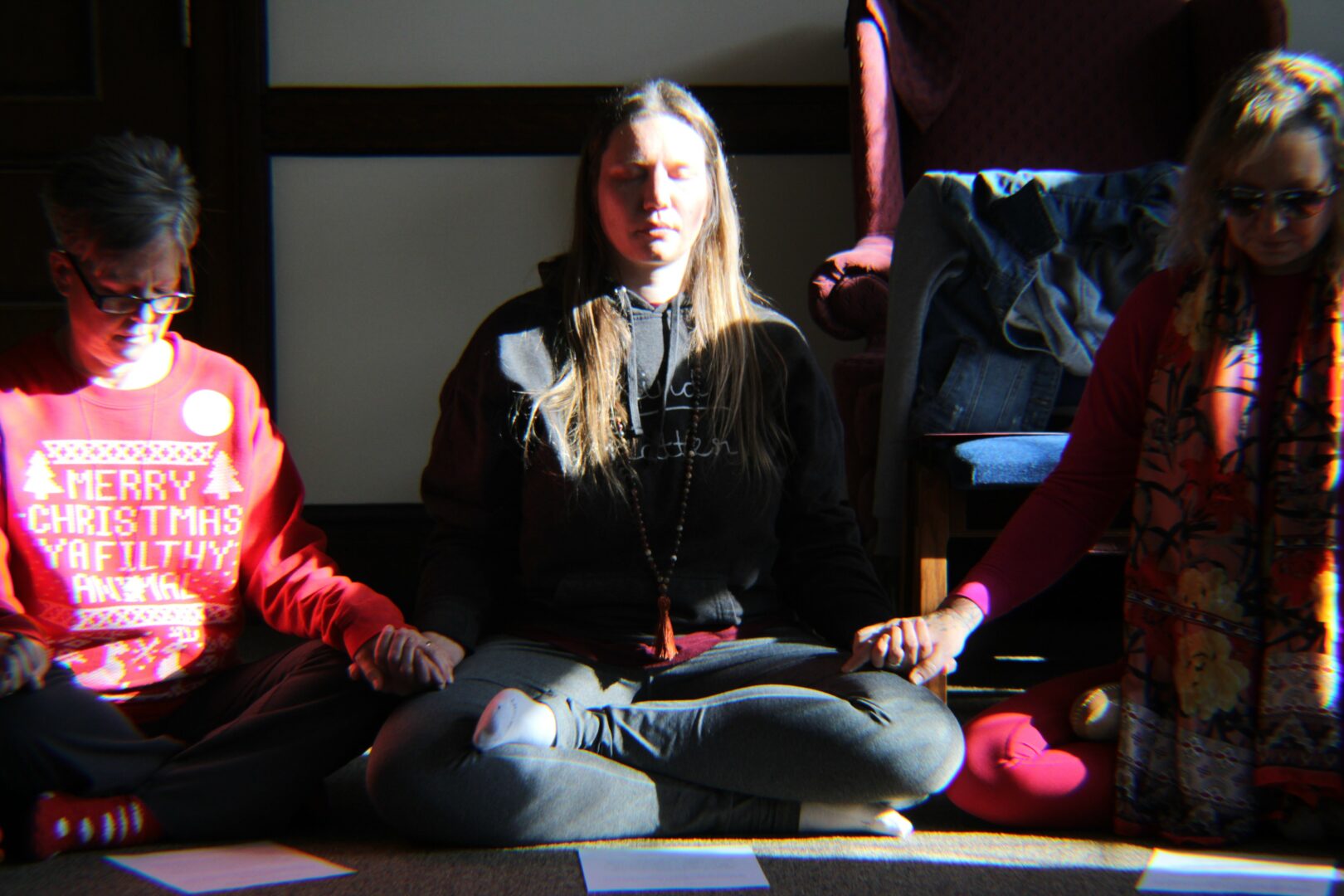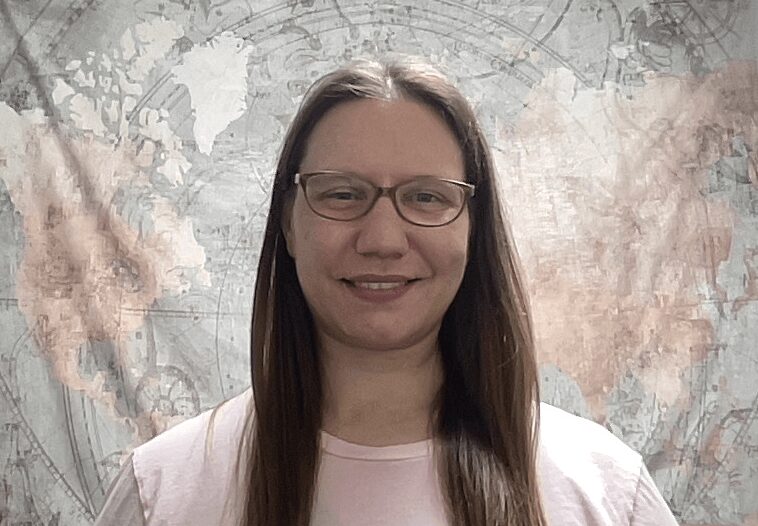We recently had the chance to connect with Tanya D and have shared our conversation below.
Tanya, it’s always a pleasure to learn from you and your journey. Let’s start with a bit of a warmup: What do the first 90 minutes of your day look like?
I wake up and begin with a 20-minute journaling practice. I follow that up with a 10 minute self-compassion meditation and 10 minutes of light stretching. Then I shower, get ready, and enjoy my coffee.
Can you briefly introduce yourself and share what makes you or your brand unique?
With 18 years of consulting, a decade of sobriety, and experience helping hundreds in their recovery journey, I guide women to not just stay sober but thrive—stopping the downward spiral, reclaiming control, and building a life of freedom, healing, and purpose.
But I would NEVER want to do my first year of sobriety again. Without alcohol to numb them, ALL the emotions hit me at once. Most of my friends had been drinking buddies so with sobriety they all slowly left my life. My husband had dealt with a lot and was thinking of leaving me.
I went to 12-step groups, and it was great for staying sober, but not for actually thriving in sobriety. I was still struggling emotionally on the inside.
In 12-step, the final step is getting to the point where you help others. But I sensed that wasn’t the end of my journey. I craved emotional support and needed deeper healing.
Eventually, I faced a choice when I realized sobriety was a lifelong thing and I needed deeper support to sustain it.
I began seeking something outside the 12-step realm. I began a meditation practice, started to work with energy healers, found a recovery yoga community that provided practices to support people outside of 12-step program.
Until one day, I could look in the mirror with self-compassion and see my worthiness. People began to depend on me again. I developed real friendships and bonds – the kind I can stay with when I travel. And all this healing work healed my relationship with my husband and others in my life.
Now when the BIG things in life happen, the ones that could turn into catastrophes and relapses, I have everything in place to support me – the community to ask for help, the internal calm to navigate and plan a course of action, instead of reaching for a drink or behavoir. I have a clear mind to face daily challenges, whether it’s something cutting me off in traffic or losing a job.
It took me until my second or third year to find my way to this place. But I don’t want others to be like me and stay in that place as long as I did. That’s why I help women in their first year to not just stay sober but thrive—reclaiming control and building a life of freedom, healing, and purpose.
Amazing, so let’s take a moment to go back in time. Who taught you the most about work?
My paternal grandmother was a really important mentor for me. She didn’t sugarcoat anything and I felt like she met me where I was at as someone who matured a little faster than others. We talked about values and how life isn’t always going to be perfect but it will be what you make it.
What did suffering teach you that success never could?
Suffering has taught me a lot about humanity because we all suffer the same. I can’t escape suffering. I can meet it where it is and be open to the lessons from the universe. I can also be present to it so I can be of use to someone or a situation as needed because I was meant to be there at that moment in time.
I think our readers would appreciate hearing more about your values and what you think matters in life and career, etc. So our next question is along those lines. What’s a belief or project you’re committed to, no matter how long it takes?
I belief that all human being are lovable and deserve to be loved. Some humans act in not so great ways because of their lived experience and value instilled on them by others. We all deserve love and compassion. It’s through love and compassion that we heal ourselves and others.
Okay, so let’s keep going with one more question that means a lot to us: When do you feel most at peace?
I feel most at peace when I’m grounded and centered in my body. It doesn’t matter where I physically am. I can come back to myself at any time I need to.
Contact Info:
- Website: https://www.thepeacewecrave.com
- Instagram: https://www.instagram.com/thepeacewecrave
- Linkedin: https://www.linkedin.com/in/tanya-d-the-peace-we-crave-48273a228
- Facebook: https://www.facebook.com/thepeacewecrave



Image Credits
None
so if you or someone you know deserves recognition please let us know here.




